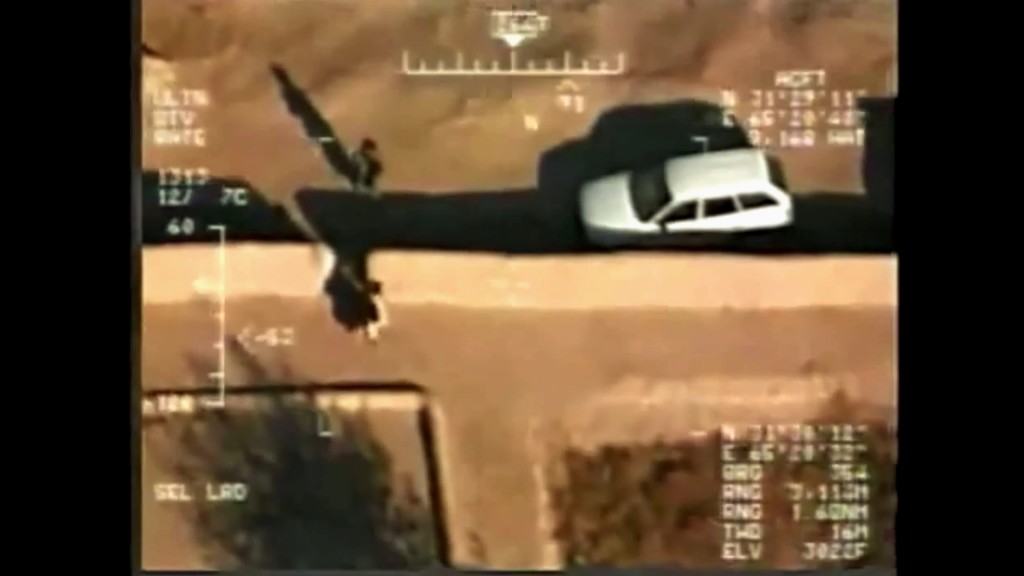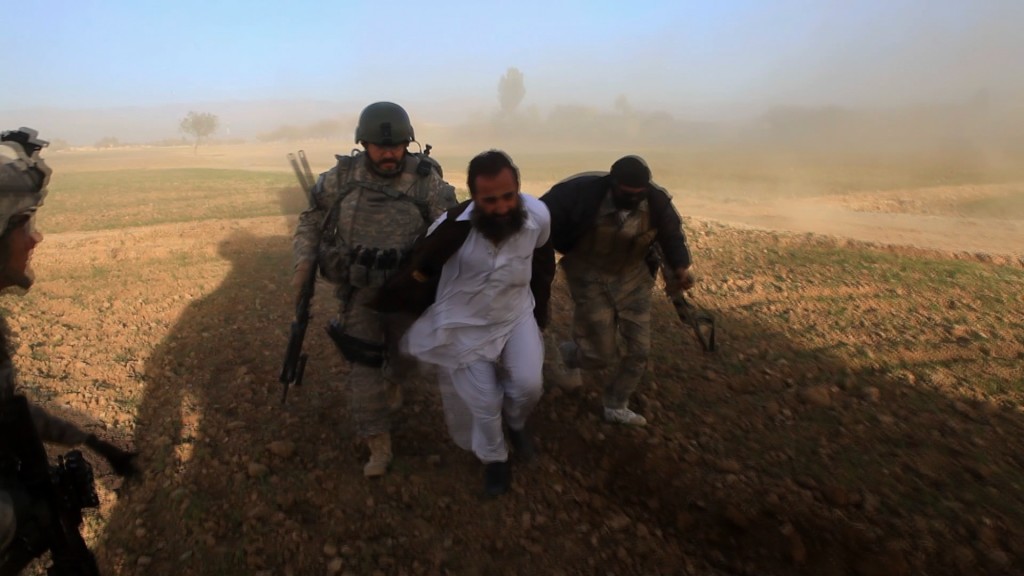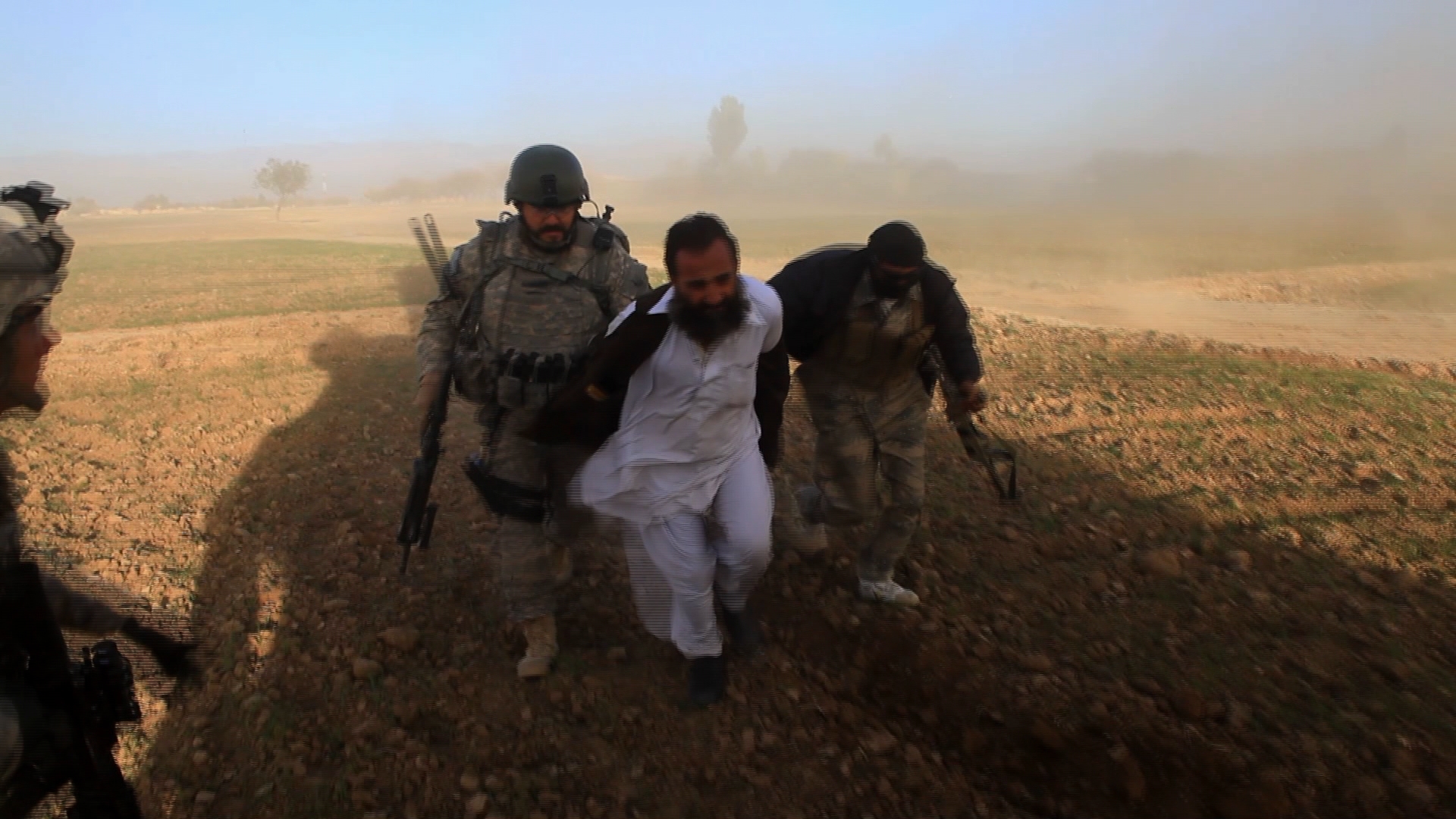Two U.S. Soldiers Killed in Friendly Fire Drone Strike

October 17, 2011
Share
In the past several months, unmanned aerial aircraft drones have been successful in killing some of America’s top enemies, including Atiyah Abd al-Rahman, Al Qaeda’s second in command, and Anwar al-Awlaki, the group’s most well-known internet jihadist.
But according to the findings of a recently declassified Pentagon investigation, a drone strike in April was also responsible for killing two of its own: a Marine and a Navy medic.
In the first known case of friendly fire deaths involving an unmanned aircraft, Marine Staff Sgt. Jeremy Smith, 26, and Navy Hospitalman Benjamin D. Rast, 23, were killed on April 6 by a Predator drone in Afghanistan’s Helmand province, after Marine commanders mistook them for Taliban.
According to The Los Angeles Times, the unreleased Pentagon report found that Marine officers on the scene and the Air Force crew piloting the drone from halfway around the world were unaware that analysts watching the live video feed from a third location in Terre Haute, Ind. had doubts about the identity of the targets.
Using a written chat system to communicate with the pilots, the analysts initially wrote that the two figures in question were “friendlies,” suggesting they were American troops. But a few seconds later, they changed their assessment, writing they were “unable to discern” who the figures were.
The report faults poor communications, mistaken assumptions and “a lack of overall common situational awareness,” but found that no one involved was “culpably negligent or derelict in their duties.”
The Times notes that the incident is similar to another Predator attack in 2009, in which at least 15 Afghan civilians were mistakenly targeted as Taliban. And in a lengthy investigation, the paper also traced how a series of errors in communicating and interpreting surveillance information led to a Predator attack on a convoy of Afghan civilians in February 2010.
As a result of the 2009 incident, the Air Force began installing equipment that allows drone video analysts to talk directly to the pilots, but the analysts at the Indiana base did not have this technology.
“I know whoever was at that [Predator] joystick is devastated,” said Jerry Smith, the father of Marine Sgt. Jeremy Smith. “If I could meet them, I’d hug them and tell them I don’t have any ill feelings toward them. I know their daddies are just as proud of them as I am of my son.”
For Background: Remote-Control War — In 2009, as part of our Digital Nation report, we went inside the hidden world of the Air Force pilots who operate Predator drones in Afghanistan from Creech Air Force Base in Indian Springs, Nev.
Related Documentaries
Latest Documentaries
Related Stories
Related Stories
Explore
Policies
Teacher Center
Funding for FRONTLINE is provided through the support of PBS viewers and by the Corporation for Public Broadcasting, with major support from Ford Foundation. Additional funding is provided the Abrams Foundation, Park Foundation, John D. and Catherine T. MacArthur Foundation, Heising-Simons Foundation, and the FRONTLINE Trust, with major support from Jon and Jo Ann Hagler on behalf of the Jon L. Hagler Foundation, and additional support from Koo and Patricia Yuen. FRONTLINE is a registered trademark of WGBH Educational Foundation. Web Site Copyright ©1995-2025 WGBH Educational Foundation. PBS is a 501(c)(3) not-for-profit organization.





















